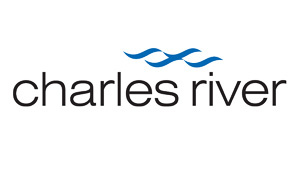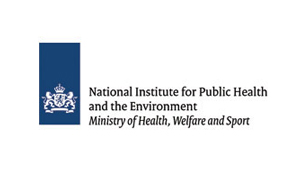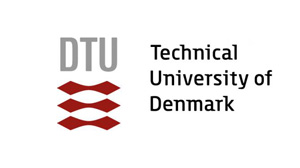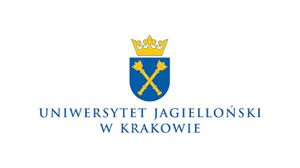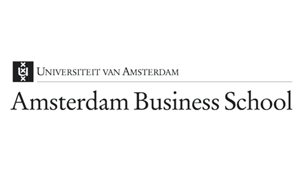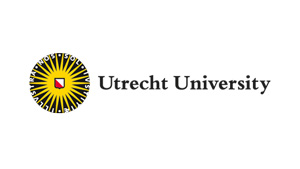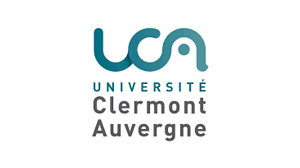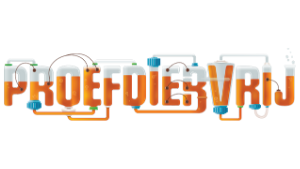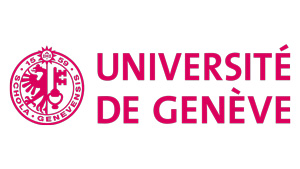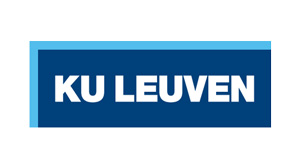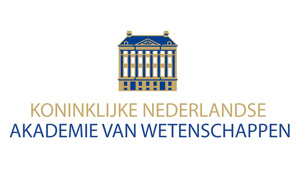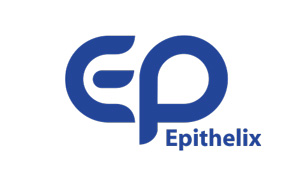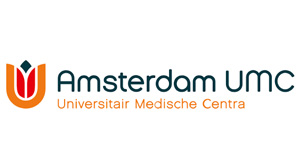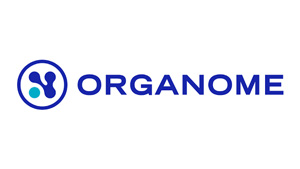OrganoVIR’s training programme trains 15 Early Stage Researchers to lead innovation in the field of organoids for virus research. The training programme exists out of several components, which are all briefly highlighted below.
Network-wide training course
This course is designed to ensure that all Early Stage Researchers (ESRs) have a broad understanding of the various topics dealt with in this Innovative Training Network (ITN). All ESRs will participate in different workshops designed for OrganoVIR related topics.
Communication & dissemination course
This tailored communication course, which will be developed by the National Institute for the Public Health and the Environment (RIVM), will teach all ESRs how to disseminate their research results to various stakeholders. These include their colleagues and professional experts, but also the broader public, such as policy makers, patient organization, platforms and communities.
All ESRs will be trained in various established tools and platforms of communications, such as social networks, websites, newspapers, applications (apps). In addition, they will learn when, how and to whom they should communicate their research results, in order to maximize effective communication.
Programme goals
- Become experts in the field of organoids for virus research
- Develop transferable managerial skills (project management, leadership, Intellectual Property (IP), commercialization & ethical legislation
- Develop a strong understanding of the life science business and to be highly employable in both the academic and non-academic sectors
- Obtain a pre-MBA certificate
- Obtain a PhD degree
Conferences provide the Early Stage Researchers (ESRs) with international meeting points where they can network with experts in the field of organoids for virus research. Conferences also provide them with the opportunity to present their results, advocate their messages and to practice their public speaking. Each ESR will present at least once at a leading (inter)national conference per year in a relevant field. The ESRs are encouraged to attend conferences other than scientific conferences.
Each Early Stage Researcher (ESR) will move from their host institute to another partner organization to work in a different environment. The ESR will spend at least one secondment at another host organization, with a variable research period ranging from 1-10 months. 60% of all the secondments taking place in OrganoVIR are intersectoral as we aim to provide intersectoral exchanges of expertise. The other 40% are mono-sectoral exchanges, as these secondments are planned for the benefit of research ESRs. The secondments are designed not only to train ESRs but also to ensure knowledge transfer across institutions and bring in complementary expertise.
Each Early Stage Researcher (ESR) will be allocated a coach that is complementary to their research and training programme. An ESR working at a university will have a coach from industry and vice versa. This coach will have an independent advisory role and will provide an additional (different) perspective to the ESRs for addressing research and career questions.
Each Early Stage Researcher (ESR) will follow a personalized PhD student programme. The ESR will select the basic scientific courses that are most applicable for his or her career and which can be added to their portfolio upon completion. Each ESR can further select workshops and conferences to obtain a PhD degree at their host institute.
Personal Developmental Plan
All Early Stage Researchers (ESRs) will develop a personal developmental plan (PDP) for their self-development and career planning. The PDP focuses on the following aspects:
- own ambition and opportunities in career development
- gender issues
- work life balance
- strengths and weaknesses
- opportunities and threats.
The ESRs will learn how to develop themselves best through using various assessment tools, personal reflection and 360-degree feedback under support of their coach.
Pre-MBA programme
The pre-MBA programme is intended to deliver ESRs with an entrepreneurial and business analytics mind-set, allowing them to go beyond the lab. After completing the pre-MBA programme, the ESRs will obtain a pre-MBA certificate that will allow them to follow a MBA course with exemptions at the Amsterdam Business School.
The pre-MBA will focus on the following the courses:
- Project management/process improvement
- Intellectual property (patent/legal)
- Entrepreneurship and financing
- Marketing/sales/communication
- Strategic decision making

